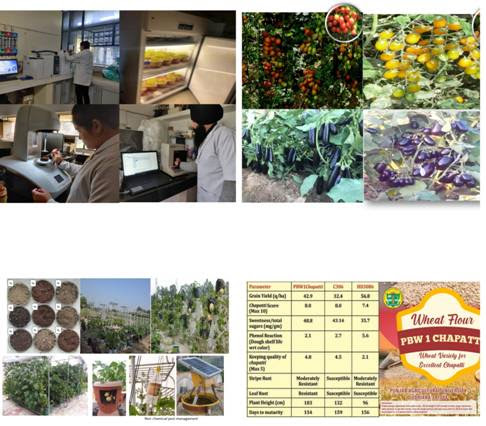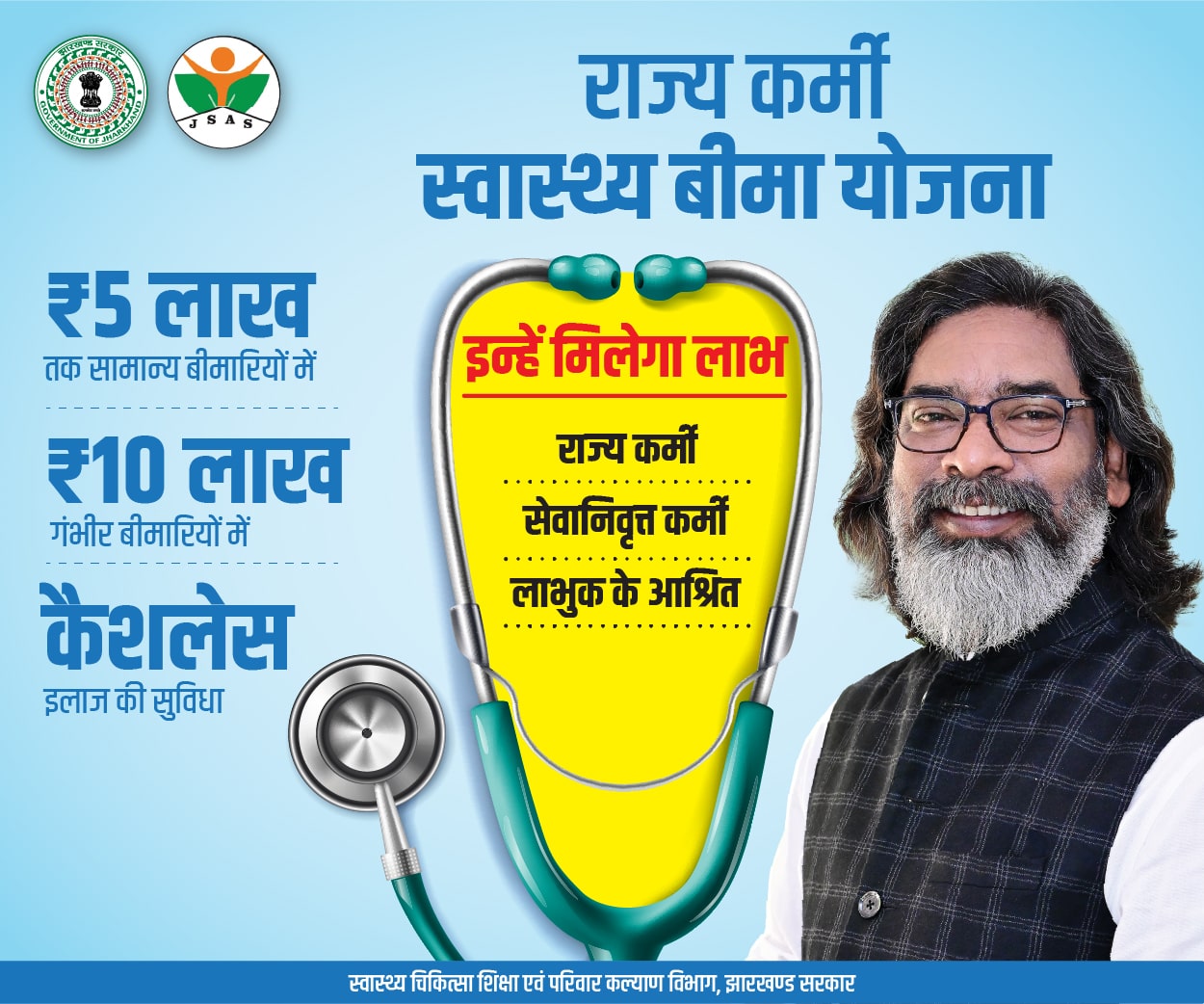
*Snapshots of the facilities and crop varieties developed at PAU with support from PURSE grant.
Punjab, the granary of India,has come up with offerings of a bouquet of improved crop and vegetable varieties.These are rich in nutrients and can make valuable contributions to the nutritional requirements of India’s population.
‘PAU 1 Chapatti’ with low polyphenols and outstanding processing qualities has been shortlisted for commercialization whereas wheat candidate varieties having high grain protein, high zinc, low phytates (chemical group that reduces bioavailability of micro-nutrients and protein) and high carotenoids have been developed.
Besides this, Punjab Agricultural University (PAU) has offered to growers two carotene rich cherry tomato varieties called Punjab Sona and Punjab Kesar and two anthocyanin rich brinjal varieties called Punjab Raunak and Punjab Bharpoor with antioxidant properties. These are also suitable for home/terrace/urban gardening. Inexpensive, nutrient rich home gardening pot mixture providing 40-50% higher productivity along with appropriately designed pots and pot props have also been developed.
PAU has also identified wild rice accession with high grain protein and genetic stocks with high iron content for breeding rice with enhanced nutritional value. High grain iron and zinc lines have been identified in inter-specific crosses of chickpea.
The varieties and genetic stocks have been developed by the Punjab Agricultural University with support from the Promotion of University Research and Scientific Excellence (PURSE) grant provided by the Department of Science & Technology (DST), Government of India. Besides varieties, a number of technologies for value added products from nutritionally enhanced varieties of cereals, pulses and vegetables are on the cards.
Protocols have been developed for assessing insecticide resistance and resurgence in rice plant hopper, cotton whitefly and okra mites. Studies have been carried out to study pathogen dynamics and molecular level variability in pathogen populations of potato scab, rice sheath blight and wheat yellow rust and have strengthened the resistance breeding based strategy for management of these diseases. Besides environment friendly approaches for pest management, research on efficient rice straw management, promotion of soil health through carbon sequestration and lowering of green house gas emissions has been carried out.
The PURSE grant sanctioned to PAU in two phases has helped the University to set up large number of major research facilities and supported research by forty students. The publication output was enhanced with 2.4 times increase in citations and significant increase in ‘h-index’ of associated faculty during the last five years.
The first phase of the project focussed on “Climate Change” induced abiotic stresses in selected field and horticultural crops. It introduced a crop improvement strategy in wheat, rice, tomato and pepper to develop varieties with better adaptation to various stresses. A breeding programme to transfer heat tolerance from hot pepper (MS 12) to bell pepper (Royal Wonder) variety which is otherwise very sensitive to heat stress was also pursued in this phase.


